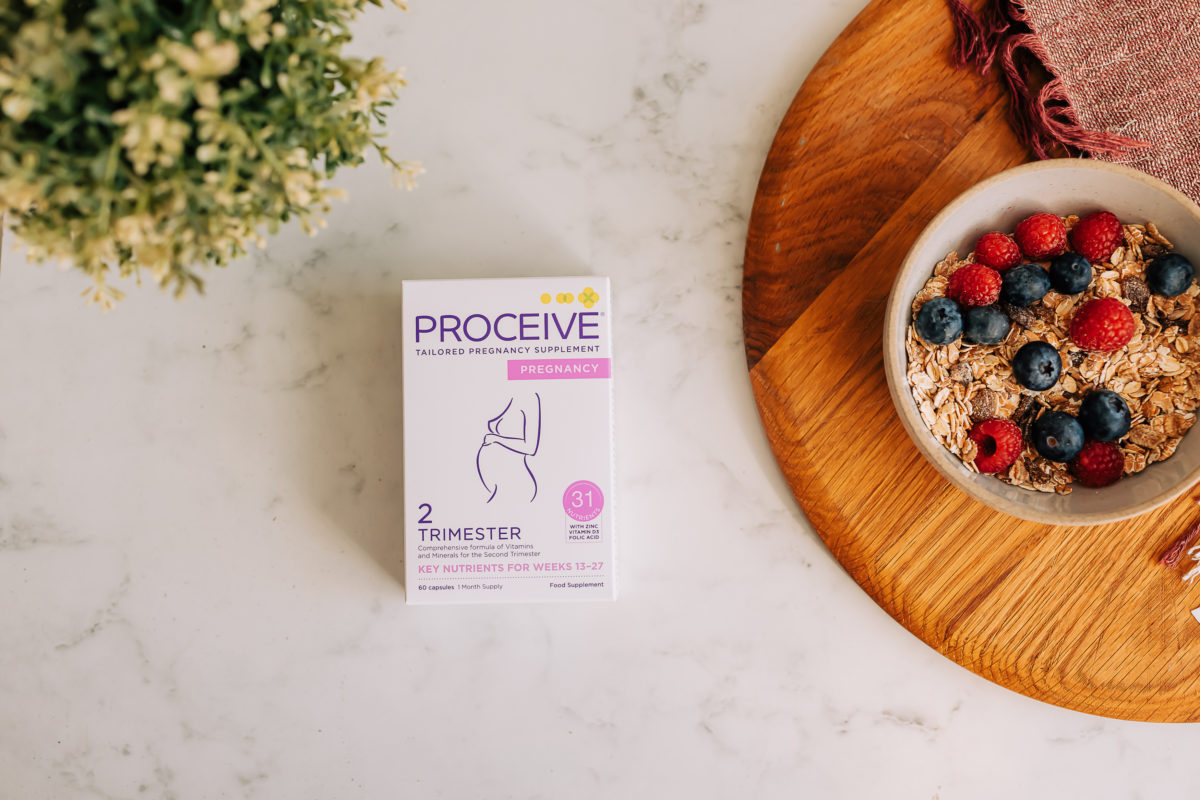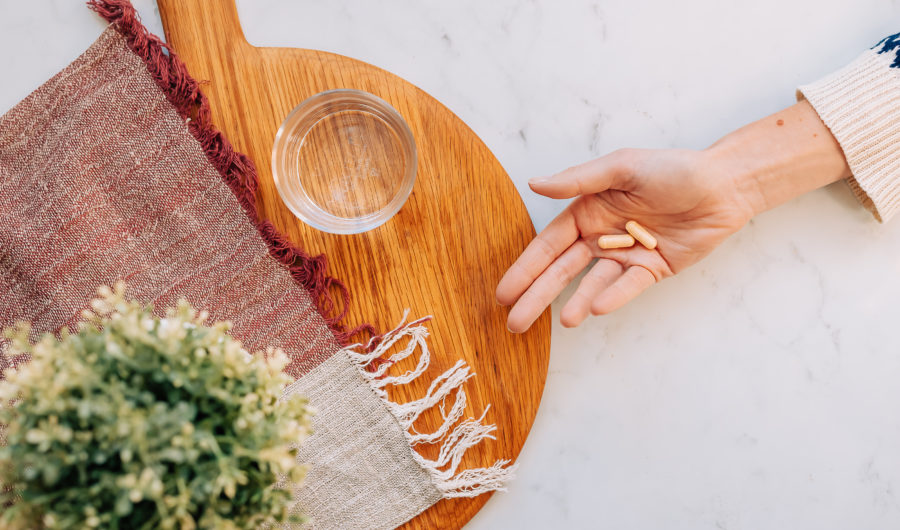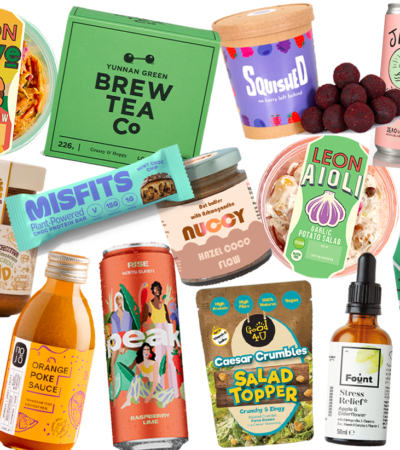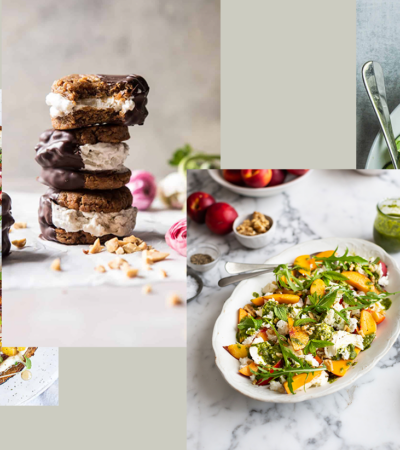When it comes to having a baby, everyone’s journey is different. Whether planning a pregnancy in 6 months or a year, it’s never too early for both partners to start preparing their bodies with the right nutrients, and fuelling your body with the best possible vitamins and minerals helps to ensure you have both done all you can from a nutritional perspective to maximise your chances. Proceive’s range of pre-conception and pregnancy supplements deliver the nutritional support needed to create the ideal conditions in which to conceive and support both your body and your baby’s. Based on scientific research using a wide range of clinical studies, the range has been formulated by fertility and nutritional experts to be highly absorbable, using the highest quality ingredients. These include Zinc which contributes to normal fertility, B6 to support hormonal regulation, and Vitamin D to support the immune system, as well as Co-Q10 and Omega 3 DHA to name just a few. We speak to Proceive’s in-house Nutritionist, Gaye Godkin, about how best to prepare for conception, pregnancy and beyond.
What is the most important supplement when trying to conceive? “There is no one single supplement” Gaye begins, “when trying to conceive the body needs many vitamins and minerals at optimal levels.” Gaye recommends taking a multivitamin/multimineral to protect against any deficiencies that you may already have or arise. If you’re looking for a superior supplement that contains optimum levels of vitamins and minerals that are also supplied in a way that the body can readily absorb them then look no further than Proceive as their supplements contain the right balance of nutrients for conception.
Are there certain supplements I should stop taking whilst trying to conceive? Gaye warns “It is best to avoid Vitamin A when trying to conceive and when pregnant”. The NHS says having large amounts of vitamin A can harm your unborn baby. So if you’re pregnant or thinking about having a baby, do not eat liver or liver products, such as pâté, because these are very high in vitamin A. Also, avoid taking supplements that contain vitamin A. It is worth noting that Vitamin A is also known as Retinol – which can be found in a lot of beauty products so be sure to check the labels of what you put on your body as well as what you put in it.
Should I take supplements in the early stages of pregnancy? “Yes!” Says Gaye, “the early stages of pregnancy are very important as cell replication is very rapid and the first three months is when the foetus develops. Ensuring you have sufficient nutrients is imperative at this stage to support both you and your growing baby.” Other things you can do to support your body and your baby through the early stages (and beyond) is to try and remain as stress-free as possible and really look after yourself, pay close attention to how you are feeling and listen to what your body wants.
What are good indicators that the supplement is of good quality? Is there anything that should be in it? And anything that shouldn’t? “The supplement should contain all the vital vitamins, minerals and co-factors to support a healthy pregnancy such as the full spectrum of B vitamins, Folic Acid in the bio-available L-Methylfolate form, Zinc, Co-Q10, Iron, Selenium as well as amino acids such as L’Arginine and N-Acetyl L-Carnitine. Avoid supplements that contain bulking agents, fillers, additives and preservatives.”
Alongside supplements is there anything else I can do to support my fertility journey? Gaye suggests that you eat a balanced diet with lots of diverse proteins such as pulses, beans and lentils, as well as good quality fats like oily fish such as Mackerel which is high in Omega 3s, complex carbohydrates and avoiding processed foods.
Once I have had the baby should I stop taking all the supplements? “Once the baby is delivered the mother may be depleted of certain vitamins and minerals after sharing her body with a growing baby for 40 weeks.” Gaye continues “This is a very important time for the mother to replenish her stores of vital minerals and vitamins and it’s best to find a really good multivitamin that includes B12, iron, magnesium and calcium as it has been shown that the mother’s body can be very depleted of these particular vitamins and minerals.”
As well as being a well-respected Nutritionist, Gaye Godkin, is also the Nutritional Advisor for Proceive, the most functional, comprehensive and evidence-based nutritional supplement brand for men and women before conception and for women right through your pregnancy. Do check out Proceive’s Conception Range as well as their Pregnancy Range which contain all the best, most supportive vitamins and minerals (and no fillers, bulkers or additives) to help people on their conception journey and beyond.

The Proceive range is available from Boots and Holland & Barrett in-store and online as well as www.proceive.com















